Showing results 101-110 of 126 for Science
Search results
-
Presentation
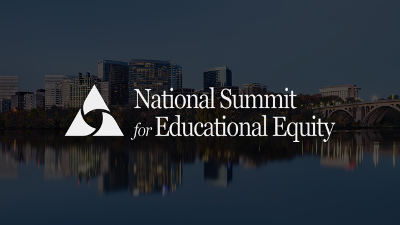
Sunday, April 28 – Thursday, May 2, 2019
Heading to the 2019 National Summit for Educational Equity in Arlington, VA April 28–May 2? Come say hi to some of our CAST staff who will be presenting and participating in this important event.
-
Presentation
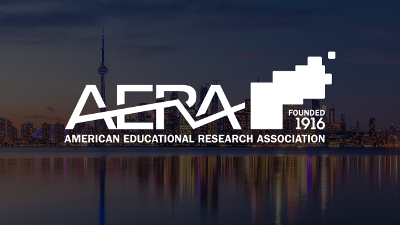
Friday, April 5 – Tuesday, April 9, 2019
Heading to the 2019 AERA Annual Meeting? Check out the fantastic sessions with CAST staff! April 7-9, 2019 Toronto, Canada
-
Symposium
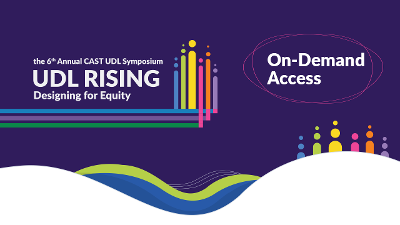
Wednesday, August 5 – Friday, August 7, 2020
The Symposium sessions highlight promising work that is taking place in the field and is serving as a forum to co-create a vision for how to more explicitly develop UDL as a framework for designing equitable learning opportunities for all.
-
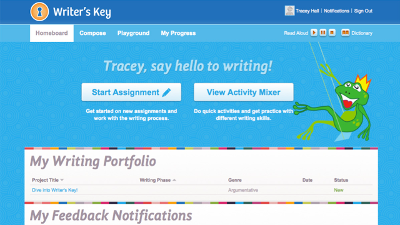
Researchers from CAST and Arizona State University developed and tested Writer’s Key, a web-based tool that guides and supports middle-school students in writing argumentative (persuasive) and informational (expository) compositions.
-
The UDL Guidelines are a living, dynamic tool that is continuously developed based on new research and feedback from practitioners. Since the release of “Version 1.0” in 2008, CAST has released three other versions reflecting different structural and content changes. In 2020, CAST launched our most recent effort to update the UDL Guidelines. This update focuses specifically on updating the Guidelines through an equity lens. While the Guidelines have become a valuable tool to help practitioners design for learner variability, we recognize that gaps and biases exist. There has been a strong call from the field—both practitioners and researchers alike—to more fully develop the Guidelines to address critical barriers rooted in biases and systems of oppression. The current update aims to respond to this call and to work toward fulfilling the promise of the Guidelines as a tool to guide the design of learning environments that more fully honor and value every learner.
-
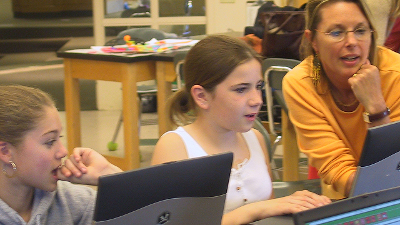
Our research projects are typically funded by grants from federal organizations and private foundations. When developing proposals for these grants, we are always looking for schools, districts, and organizations to partner with us.
-
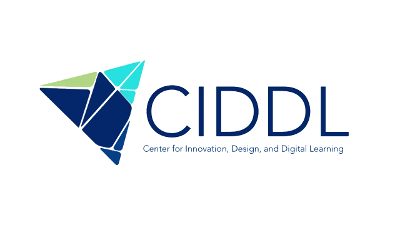
The Center for Innovation, Design, and Digital Learning (CIDDL), led by the University of Kansas, aims to improve the capacity of postsecondary faculty who teach preservice educators to use educational technology for more inclusive instruction.
-
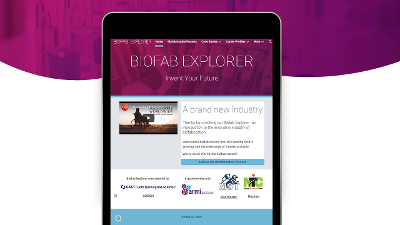
This project aims to broaden the participation of underrepresented populations in biofabrication and biomanufacturing by embedding career guidance into Career and Technical Education (CTE) classrooms that provide options for dual enrollment (i.e., taking college-level courses for credit while enrolled in high school).
-
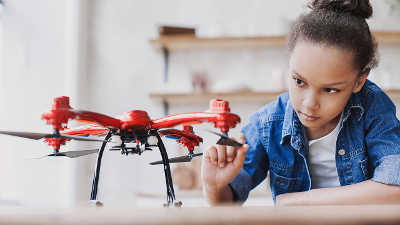
The Take Flight project emphasizes communal goals, and works to dispel the concept of who belongs in STEM, by broadening ideas around skills in multiple STEM disciplines.
-
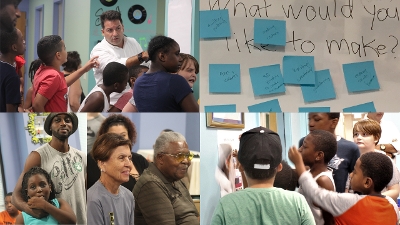
The Multi-Gen Makers project is a collaboration with residents from Bayview Towers, a 200-unit affordable housing complex in Connecticut. Through a design-based research approach with iterative cycles of co-design, the project will develop and research a sustainable model for multigenerational making and learning that build the skills and dispositions that can support a STEM career trajectory.
